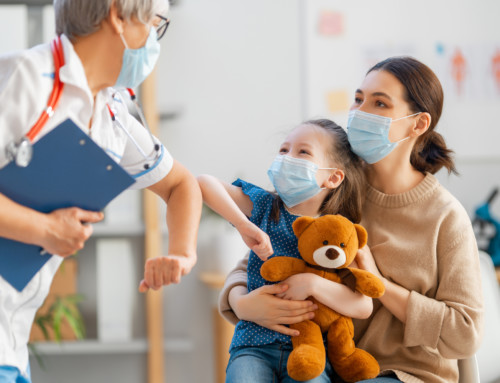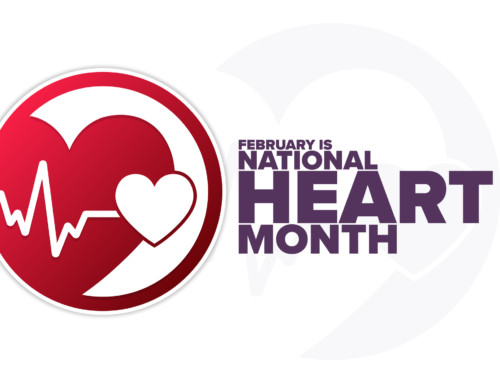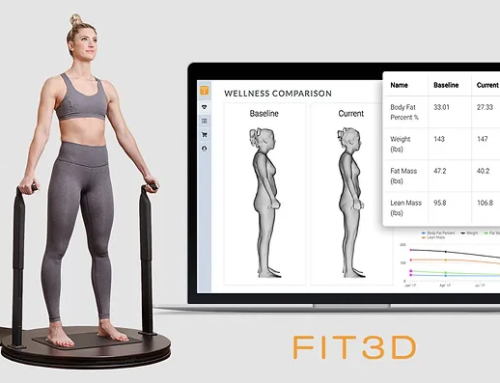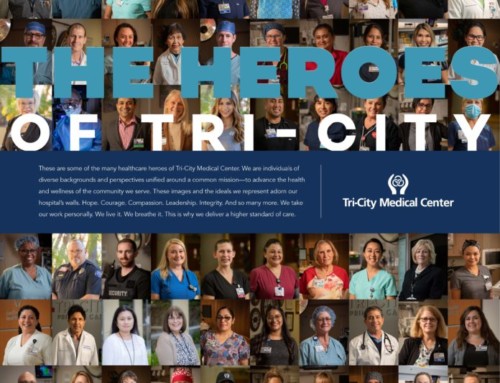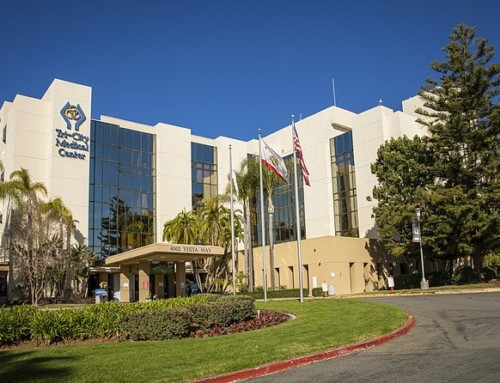
“January is one of my favorite times of the year as we celebrate beginnings and endings,” said Sarah Jayyousi, MSW, LPCC, LCSW, Operations Manager for Tri-City Medical Center’s Outpatient Behavioral Health Services. “Most of us are excited to begin a new year and make resolutions to improve or transform our lives so that we can be happier, despite the challenges and losses we may have faced during the pandemic.”
Since most New Year’s resolutions are centered around being happy, Ms. Jayyousi recommends the following five areas that people can focus on to reinvigorate happiness: positivity, mindfulness, gratitude, kindness/generosity and meaningfulness.
“Having a positive outlook builds resilience and strength,” said Ms. Jayyousi. “It’s all about how we look at life – the good and the bad; the glass half full or empty concept. There is a treatment modality called acceptance and commitment therapy, which references the ‘struggle switch.’ People can struggle and fight anxiety or pain, or they can flip the switch and develop a more accepting attitude, recognizing that negative events are temporary and manageable.” 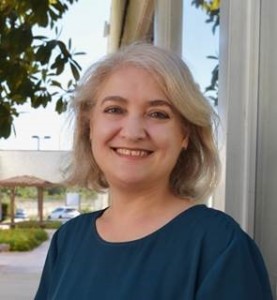
“Many of us are preoccupied with the past or future, which makes it hard to live mindfully in the present,” continued Ms. Jayyousi. “Mindfulness calms our mind allowing us to accept how life is versus how it could’ve been or should be and to let go of attachments and the things that we don’t or can’t have.”
Studies have demonstrated that people who write down the things that they are grateful for each day or week have shown an increase in life satisfaction and happiness, and a decrease in stress and depression. “The ability to experience gratitude is very important for our physical and mental health,” said Ms. Jayyousi. “We should not take these things for granted, no matter how big or small, and appreciate them. For example, someone could be grateful to be alive rather than angry to have cancer, or simply grateful to have finished a work project or go on a walk with the dog.”
The ‘science of happiness’ has shown that these positive, mindful and grateful attributes are learnable skills; people who practice these types of behaviors until they become a habit, actually can train their brain for happiness. A course, taught at the University of California, Berkeley’s Greater Good Science Center, found that participants who completed a series of simple exercises, which research suggested increased happiness, felt less sad, stressed, lonely, angry and afraid. Instead, they experienced more enthusiasm, amusement and affection, as well as a greater sense of community, happiness and life satisfaction.
“Being kind and generous in our relationships with family and friends, as well as our connections with strangers, brings us joy,” said Ms. Jayyousi. “We heal by healing others, even during challenging times like the pandemic. The evidence is strong that close social relationships improve our physical and mental health. But just as important is practicing self-compassion, being kind to ourselves by not comparing ourselves to others or thinking that we will only be happy if we get a promotion or lose weight or make more money.”
The World Happiness Report found that three measures of prosocial behavior—donations, volunteering and helping strangers—all showed increases in 2021 in every global region, at remarkable rates not seen before and during the pandemic. Practicing random acts of kindness can increase happiness, according to a study done at the University of California, Riverside.
Spiritual engagement and leading a meaningful life also correlate with happiness. “This is all about finding meaningful relationships and activities and connecting to a higher power and what we do with our lives,” added Ms. Jayyousi. “I have a sticky note on my desk with a quote from Theodore Roosevelt that says, ‘Far and away the best prize that life has to offer is a chance to work hard at work worth doing.’ When we are passionate about our work and feel that we are making a difference, it gives us purpose and we discover a deeper kind of happiness.”
“Happiness can be learned and is something we should focus on year-round. It takes commitment and work, but the rewards are great. There is a mind-body connection to happiness. Stress is tied to inflammation and other healthcare issues like cancer and diabetes. The happier we are, the less stress we feel. With contentment and mindfulness comes a sense of peace and we are better able to manage our day-to-day lives.”
To learn more about the Behavioral Health Services offered at Tri-City Medical Center, call 760-940-5050 to be referred to a therapist for counseling.
To learn more about the primary care services offered at Tri-City Medical Center, call 855-222-8262 to be referred to a Tri-City Primary Care physician.
